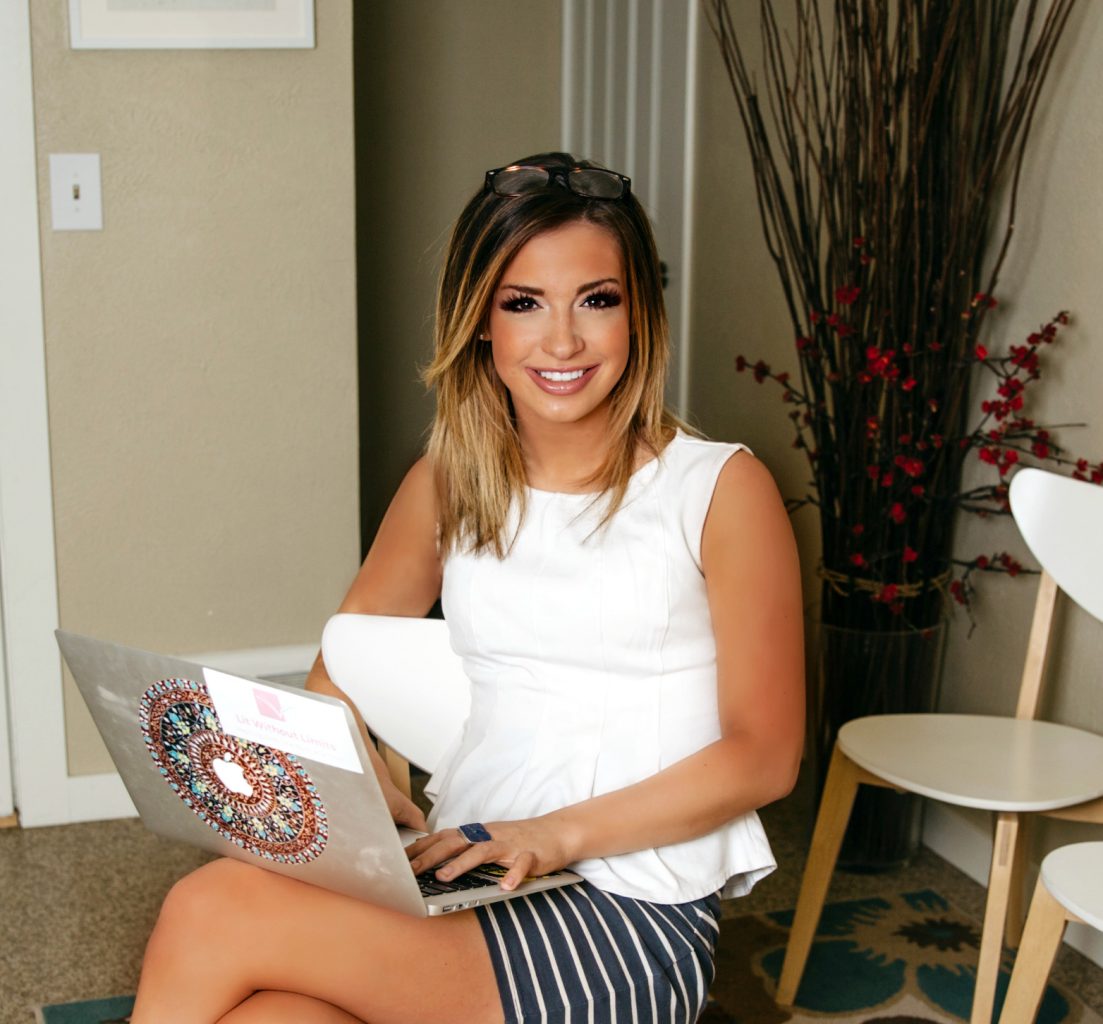I was mainly drawn to coding because it scared me. It seemed like an insurmountable task, only possible for the select few genius “techies.” And that group, I assumed, did not include me.
I wanted to prove to myself that I could do something I originally believed I couldn’t. If we begin to shatter some of our former beliefs about ourselves, there is room for reinvention. So I signed up for a one time, five-hour course at Silicon STEM Academy through the University of Denver. I figured if I hated it, it wasn’t a massive commitment. And if I really had a knack for it, it would be apparent to me within those five hours.
I had two concerns: primarily, the self-deprecating belief that, by nature, I was constrained to my “right brain” way of thinking. Coding seemed mathematical to me. I didn’t enjoy work that only had one right answer, and this problem solving is a far cry from the creative expression I’m used to. In writing, there are no right or wrong answers. It is the liberation of thought. There is solely voice, my voice, and that works at the end of the page regardless of its form.
My second concern paralleled the concern of many women who venture into a STEM field… What if I’m the only woman in the room? I explored this fear. I felt that if I was the only woman, all eyes would be on me. I would be expected to finish each problem last, or ask the most questions. It wouldn’t *click* for me like it would for my male counterpart. This fear is rooted in statistics, too… According to the National Center for Women and Information Technology, girls comprise only 19% of AP Computer Science test takers, and only 18% of the Computer Science graduates from their undergraduate universities. This is an alarming discrepancy.
Despite these two concerns, I walked in with my head held high, knowing I answer to myself and only myself. I was there to learn. This eliminated what psychologists call “stereotype threat”, when even the mere acknowledgment that one is at risk of being stereotyped can hinder performance. For example, if I knew that as a woman, I would be stereotyped as under competent in a STEM field, I would match that stereotype with my behavior, unconsciously.
My concerns were alleviated within the first thirty minutes because, as I set up my station with my snack pack, I realized the room was filling with…women. All women. I was the youngest in the room, but I was alongside females who similarly hoped to expand their intellectual horizons. We had a few moments for introductions, and several of the instructors shared that they had backgrounds in English Literature or writing. And, as I began to follow a (frankly) elementary coding lesson, I noticed something. Coding was about problem solving, yes, but it also incorporated language. It was simply another way of communicating – telling the computer, (or in this case, Karel the dog) what to do. I knew how to communicate. I knew how to write. And in breaking down an overall goal into smaller components, I was reminded of a quote by Steve Jobs, in which he said that coding and programming are about learning how to think.
My instructor noted how interesting it is from a teaching standpoint because everyone has such a distinct voice in how they code. There is no one right way to do it. There are many, and everyone’s distinct personality shines through. It’s creative after all.
In my humble opinion, I believe that diving into what scares us is the first step to demystifying it. It can’t scare you anymore if you’re standing in the middle of it, tackling it, understanding it. Now that I have gained an ounce of confidence in the tech field, I feel the possibilities are endless for me. Sitting by all those other women as they developed a similar self-belief inspired me further. When women come together and commit to learning something new, and celebrating the small and large achievements alike, magic happens.
So take a coding class, or another course that you know nothing about. Learn just enough to prove to yourself that you can do it. You may end up loving it and becoming an expert in the field. Give yourself that chance. Demystify it.
by Haley Hoffman Smith










